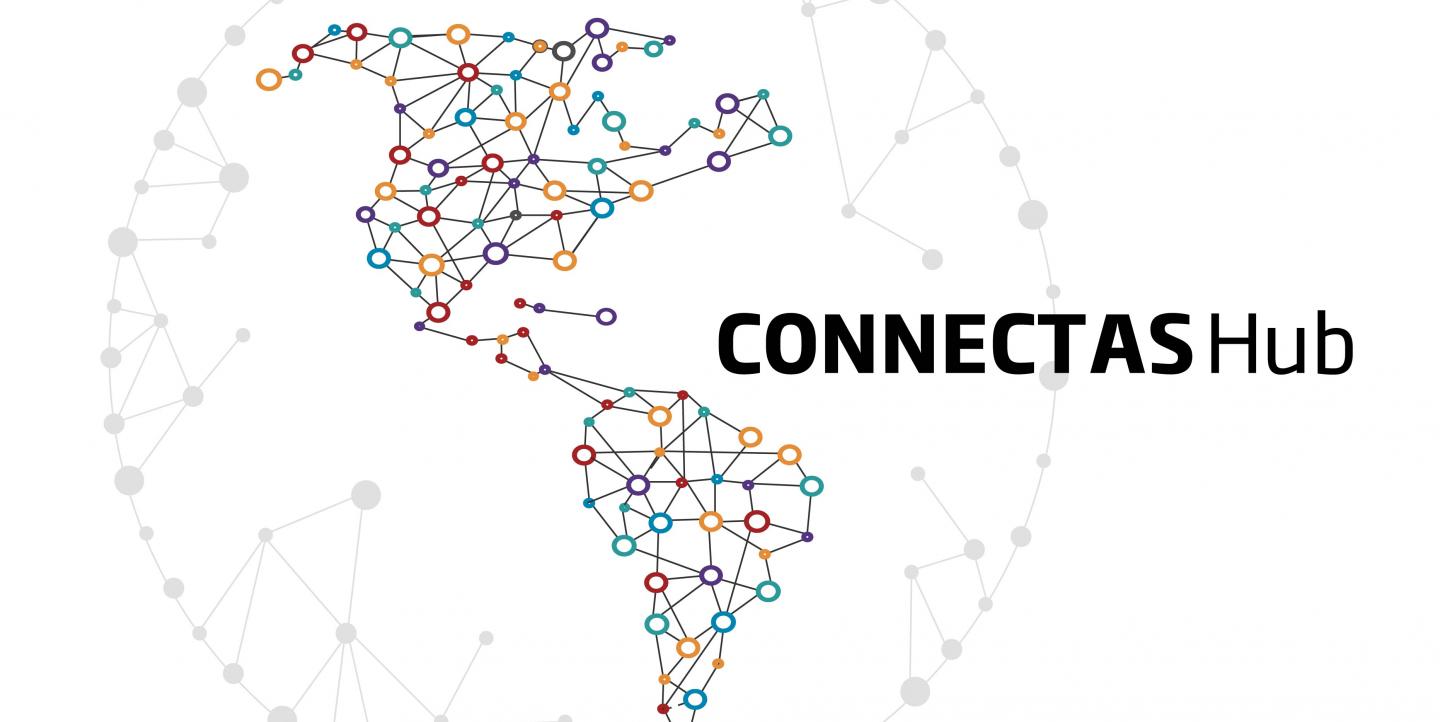Technological evolution and new digital platforms are erasing borders and changing the ways of practicing journalism around the world. On one hand, international and cross-border investigations (like this one from the International Consortium of Investigative Journalists) have revolutionized both the impact and the scope of the journalistic practice. On the other, platforms like HackPack connect journalists with editors from all over the world, facilitating teamwork and content innovation.
A new development in Latin America works toward these aims. CONNECTASHub is a platform that promotes investigative journalism together with the International Center for Journalists (ICFJ), through the Investigative Reporting Initiative in the Americas. It encourages the production of in-depth stories, collaborative work and a transnational perspective across the region. Much of the content that has been produced within this initiative achieved important recognition last year.
CONNECTASHub not only focuses on journalists interested in establishing collaborative networks in the region, but also on those looking for a wider dissemination of their work, mentoring or funds to carry out their initiatives. It began with 143 members working in 15 countries: Argentina, Colombia, Chile, Ecuador, El Salvador, the United States, Guatemala, Honduras, Mexico, Nicaragua, Panama, Paraguay, Peru, the Dominican Republic and Venezuela.
Some members have highlighted the benefits of CONNECTASHub in terms of innovation in Latin American journalism.
Ecuadorian journalist Daniela Aguilar’s favorite part of CONNECTASHub is that journalists have total freedom to do their job.
“There is no pressure or incidence in the editorial line, but a careful, constant support to achieve the full potential of each story,” she said.
Argentine journalist and ICFJ Knight Fellow Sandra Crucianelli has emphasized the originality of the project’s voucher system, which is similar to a frequent flyer program: “I’ve never seen anything like it in a media organization.”
In the following interview for IJNet, director Carlos Eduardo Huertas explains how the project works.
IJNet: What motivated you to create the Hub?
Huertas: Two needs came together. First, the Investigative Reporting Initiative in the Americas required a space that could serve as a repository for the work being done with ICFJ in eight countries since 2013. Second, the efforts carried out by CONNECTAS in the creation of its own communities in other countries. These two circumstances led to the consolidation of this strategy, which have made it possible to identify new talents, make quality content and provide opportunities to those who have participated in our activities.
Is there a lack of this type of platform in Latin America?
There are many valuable local efforts, including associations and organizations that support journalists. In terms of content, there are new media which are very influential, in some cases at a global level. Several of them have built alliances to share their content. As for CONNECTAS, it’s a platform that enhances journalistic production through various strategies. Moreover, it’s an effort fully aligned with key concepts of today’s journalistic practice, such as collaboration and looking beyond borders.
How does the platform work?
We define it as a space of journalistic "complicities.” It is a sustainable, innovative and open structure that includes mentors and colleagues interested in in-depth journalism. One of our innovations is the way CONNECTASHub works. It is based on a system of benefits that are obtained as the journalist works on individual or collaborative stories, as a mentor or as a participant in the activities we organize. The more vouchers you get as a member of the Hub, the more benefits you will receive — such as scholarships, publishing support, educational activities or the possibility of applying to funds and participating in alliances among colleagues to pursue stories. It is a system that gives priority to participants’ commitment.
Can more journalists join?
Sure — the idea is to boost the model with colleagues across the region. Joining CONNECTAS is voluntary and free, but journalists must participate in an investigative journalism techniques workshop prior to being accepted. You can also be recommended by other members or affiliated media organizations.
What can a journalist find in CONNECTASHub’s proposal?
You can find other colleagues for working on a story that involves a transnational Latin American issue. The model also allows experienced journalists to pair up with others who are interested in pursuing an in-depth piece, but need some support. The starting point for its consolidation is the commitment participants are already demonstrating. We hope these results will allow us to continue providing opportunities for quality journalism in the region.
Main image courtesy of CONNECTAS.
Related content:
Inside SembraMedia, a new resource site for digital media companies in Latin America
Spurring cross-border collaboration on journalism investigations in Latin America


